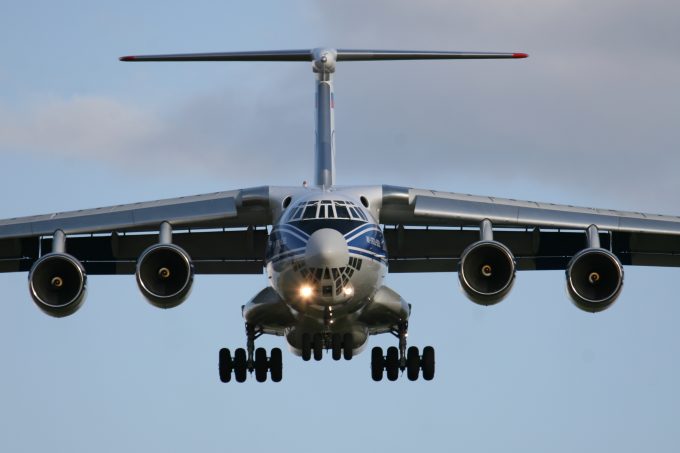General airfreight in the doldrums – but charters are soaring
While scheduled airfreight operations continue to be buffeted by economic headwinds, the going has been ...

Volga-Dnepr’s decision to stop using brokers for its Antonov and Ilyushin business has divided the market.
Many forwarders are supporting the decision – as one major forwarder told The Loadstar: “What VDA chooses to do with brokers is its own business.
“As we don’t go through brokers for charters, but approach carriers directly, I don’t see anything changing in our approach with VDA.”
And as that forwarder suggested, LSPs don’t necessarily need brokers and often see them as simply another layer of cost.
Others, ...
Maersk u-turn as port congestion increases across Northern Europe
Apple logistics chief Gal Dayan quits to join forwarding group
Maersk Air Cargo sees volumes fall as it aims for 'margin in favour of revenue'
Airlines slash freighter capacity post-de minimis, but 'the worst is yet to come'
Houthis tell Trump they will end attacks on Red Sea shipping
Transpac rates hold firm as capacity is diverted to Asia-Europe lanes
MSC revamps east-west network as alliance strategies on blanking vary
India-Pakistan 'tit-for-tat' cargo ban sparks sudden supply chain shocks

Comment on this article